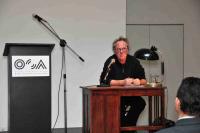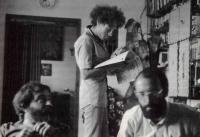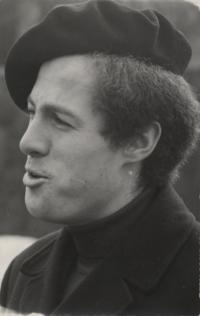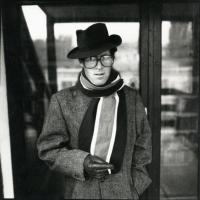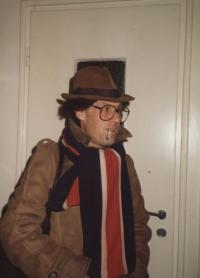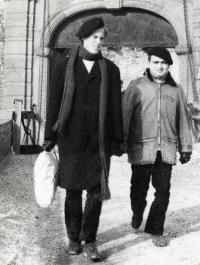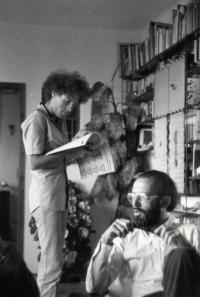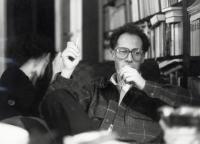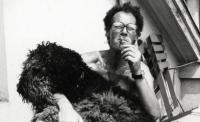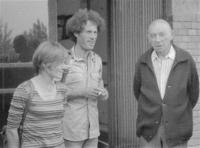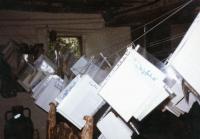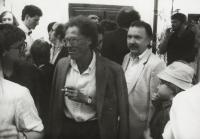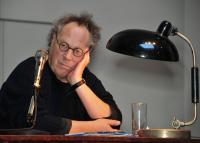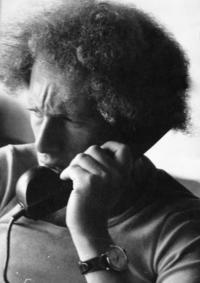In the archive I feel myself in heaven, there isn’t any better place on Earth.

Download image
János Kenedi was born on July 12, 1947 in Budapest. His father was a chemical technician and his mother a wage clerk and statistician. Their marriage broke up soon after János Kenedi’s birth, he was raised by his father. In the 1956 Hungarian revolution he brought messages between various revolutionary groups and organized a strike in his school. In 1962 he was fired from the secondary school, he could take his school-leaving certificate only in 1966. In the meantime he worked for Vinegar Manufacturing Co-op and joined ‘Kalef’, that is the yobs of Moszkva Square in Budapest, as well as he visited the literary groups in Budapest’s coffee-houses. He was a trainee at Esti Hírlap, then between 1966 and 1968 he worked for Budapester Rundschau, the German language periodical of the Foreign Ministry where he was a trainee, editor and film critic. In August 1968, after the military occupation of Czechoslovakia by the Warsaw Pact, he resigned. He was employed by Magvető Publishing House as a literary editor. He gained a journalism diploma at the Journalists’ Centre of the Hungarian Journalists’ Union in 1969. He edited collections of studies on film aethetics and he wrote a book on the film director Miklós Jancsó. In 1970 he was dismissed from the publishing house for the police charge he got for the distribution of samizdat papers and for having disapproved the occupation of Czechoslovakia in the public. He could work under his name not before 1990, he was under employment and publication ban. He could earn his living by casual humdrum jobs, he was interviewer in different sociological projects and he was the editor of different bequests. He edited the samizdat periodicals Kelet-Európai Figyelő, Napló, Máshonnan Beszélő. He was the editor of the samizdat collection of studies Profil and Bibó Emlékkönyv. He partecipated actively in the initiatives and petitions of the intellectuals who criticized the communist regime. He was one of the organizers of the ‘free university’. In January 1977 together with his friends, György Bence and János Kis, he organized a Hungarian petition with 34 co-signatories in response to Charta 77, and they published it abroad. He received a research grant for the 1981-2 academic year through the New York Soros Foundation, which he spent at New York University and Columbia University. Returned to Hungary he was the main organizer of the Conference of Monor, held with the participation of different groups of the opposition about the problems of the Hungarian society, later he was the organizer of the underground conference on the 1956 revolution. He prepared the complete works of István Bibó for publication for the European Protestant Hungarian Free University in Switzerland. He prepared and brought back to the national library in Hungary a quantity of about 25,600 pages of manuscript left by Zoltán Szabó. In the years of the political changes he was founding member of the Democratic Trade Union of Researchers. He was one of the authors of the Declaration of Principles of the Alliance of Free Democrats, later member of the party’s National Council for a short time. He was elected one of the leaders of the Club for Openness. He has been on the staff of the 1956 Institute since 1990. Between 2007 and 2010 he was chairman of the so-called Kenedi Committee which was encharged with supervising the delivery of the files of the former communist state security to a state archive.
